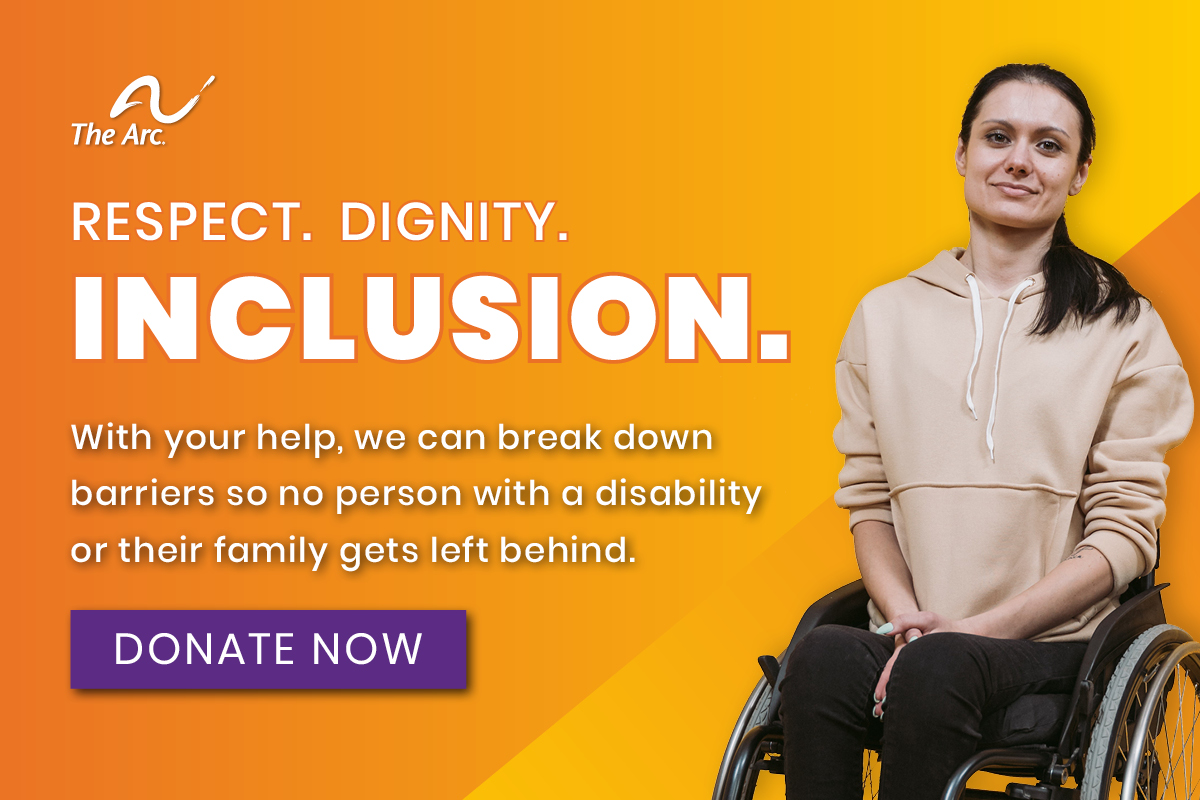Contents
- Introduction
- What Resources Explore the Right to get Married?
- Will Getting Married Change my Benefits?
Overcoming Roadblocks To Getting Married
Keeping the promise of full inclusion for people with intellectual and developmental disabilities includes supporting individuals to date and get married. Having a job, going on vacation with friends, spending holidays with family, volunteering, playing on a local softball team or singing on a choir are great ways to experience friendship, love, accomplishment and feeling part of the larger community. But they are no substitute for an intimate relationship.
What Resources Explore the Right to get Married?
Monica & David: (2010 Winner of Best Documentary Feature at the Tribeca Film Festival)
This romantic, charming and inspirational movie is based on a true story. Monica and David, two adults who have Down syndrome, fall madly in love with each other. This movie can help families understand the perspectives of people with disabilities who are in love and want to make a commitment to one another. The movie Monica & David can encourage our families to have open minds about love between two people with disabilities.
Review by Stirling Peebles, SABE member
Sheri and Paul: (11 min. / documentary / 2004 / USA)
- Three months prior to their wedding, Sheri Pearl and Paul Kiosk, two adults with developmental disabilities, share their candid thoughts on love and marriage. This short film includes footage shot at their wedding.
Lifestyles of the Poor and Unknown: (46 min. / Documentary / 2002 / USA)
- Marni and Kris are a couple with developmental disabilities who live and work in New York City. Marni describes how “one of the problems with having a disability today is that people automatically assume there is something wrong with you.” Marni and Kris share their feelings and thoughts on what makes a good marriage. They challenge the viewer to presume competence.
A New Life Together: Down Syndrome Couple In Vanguard Of Change
- Two parents describe how “letting go” enabled them to change their attitude from despair to hope.
Teaching Children with Down Syndrome about Their Bodies, Boundaries, and Sexuality: A Guide For parents and Professionals by Terri Couwenhoven, M.S.
- The author is both a sexual educator and mother of a child with Down syndrome. Ms. Couwenhoven uses an easy-to-read format to provide factual information and practical ideas for teaching individuals with Down syndrome and other intellectual disabilities about their bodies, puberty, and sexuality. Chapter 11: Committed Partnerships, Marriage, and Parenthood gives parents the confidence to speak comfortably about these sometimes difficult subjects.
East Dallas Couple With Down Syndrome Discovers Joys, Challenges Of Marriage
From the Dallas Morning News: May 15, 2011.
- This article chronicles challenges and successes of supporting youth with disabilities to live a fully inclusive life. Austin’s family moves beyond advocating for inclusive classrooms, a real job for real pay and independent living to supporting their son to get married.
Will Getting Married Change My Benefits?
Yes, if you or your partner receives SSI, your monthly check will be reduced if you get married. This is called the Marriage Penalty.
As of 2013, the maximum federal SSI payment is $710.00 for a person each month. When two people with disabilities get married their benefits are combined and they receive one SSI payment each month. Their benefit check is reduced to $1,066.00. They roughly lose 25% or $354.00 of their income for getting married or living like they are married. The $354.00 penalty for falling in love and being together is a roadblock to marriage faced by many people with disabilities.
Self-advocates across the country are speaking up about the marriage penalty. For more information, view video and advocacy information produced by People First of Montana.



